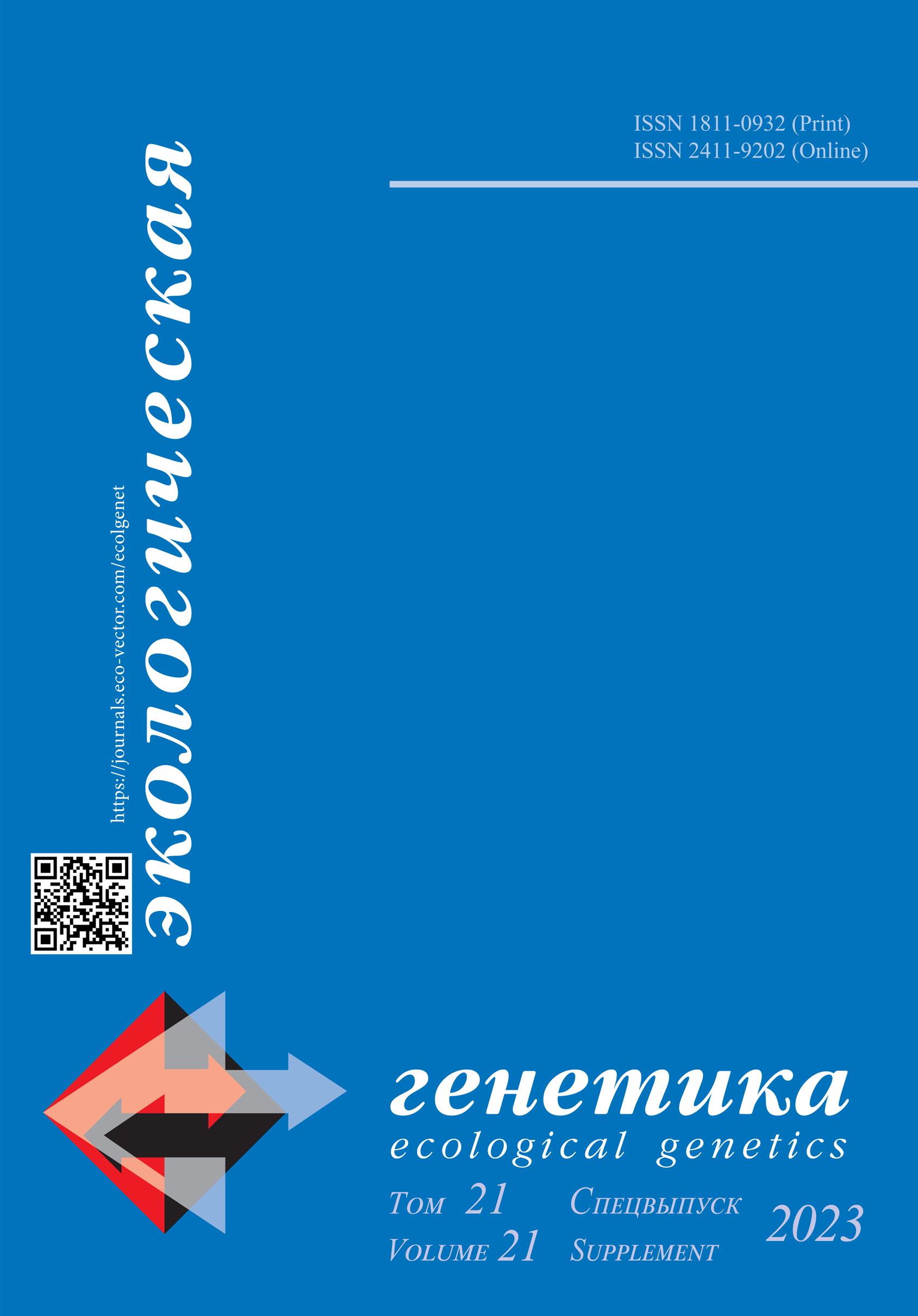Transgene-free genome editing of plants
- Authors: Mikhaylova E.V.1,2
-
Affiliations:
- Institute of Biochemistry and Genetics, Ufa Federal Research Center RAS
- Ufa State Petroleum University
- Issue: Vol 21 (2023): Спецвыпуск
- Pages: 63-63
- Section: Genetically modified organism. The Нistory, Achivements, Social and Environmental Riscs
- Submitted: 02.08.2023
- Accepted: 30.08.2023
- Published: 04.12.2023
- URL: https://journals.eco-vector.com/ecolgenet/article/view/567964
- DOI: https://doi.org/10.17816/ecogen567964
- ID: 567964
Cite item
Full Text
Abstract
The presence of foreign DNA is the main obstacle to the application of biotechnological plant varieties. However, transgene-free technologies in the field of genome editing make it possible to overcome this problem. In most countries that already have legislation in this area, plants without foreign DNA do not require field trials and safety tests.
The easiest way to avoid integration of transgenes is the delivery of RNP complexes directly into the cell without the use of plasmids. However subsequent selection of edited cells in the absence of a selective marker and plant regeneration are quite difficult. Therefore, traditional genetic constructs are used more often, despite that the elements of the CRISPR system are integrated into the genome. Backcrossing and cross-pollination are used to get rid of unwanted inserts. There are opportunities to accelerate the selection process, such as the Transgene Killer CRISPR system, which ensures the death of plants carrying transgenes in the early embryonic stages [1].
Constructs based on viral replicons integrated into T-DNA are an alternative option. They provide a high level of transient expression of CRISPR elements which are not integrated into the genome. Such vectors were created on the basis of geminiviruses, rhabdoviruses, potexviruses, potyviruses, bunyaviruses [2]. The ability of viruses to move between cells can be both preserved and lost due to the removal of the corresponding proteins.
One of the newest approaches is grafting of shoots onto roots expressing Cas and guide RNA [3]. The addition of tRNA-like motifs to the transcripts ensured their mobility and dispersal along the shoot. Heritable edits were observed in the progeny of grafted plants.
Thus, for transgene-free editing technologies of plant genomes are rapidly developing, which will accelerate the commercialization of new varieties with economically valuable traits.
Keywords
Full Text
The presence of foreign DNA is the main obstacle to the application of biotechnological plant varieties. However, transgene-free technologies in the field of genome editing make it possible to overcome this problem. In most countries that already have legislation in this area, plants without foreign DNA do not require field trials and safety tests.
The easiest way to avoid integration of transgenes is the delivery of RNP complexes directly into the cell without the use of plasmids. However subsequent selection of edited cells in the absence of a selective marker and plant regeneration are quite difficult. Therefore, traditional genetic constructs are used more often, despite that the elements of the CRISPR system are integrated into the genome. Backcrossing and cross-pollination are used to get rid of unwanted inserts. There are opportunities to accelerate the selection process, such as the Transgene Killer CRISPR system, which ensures the death of plants carrying transgenes in the early embryonic stages [1].
Constructs based on viral replicons integrated into T-DNA are an alternative option. They provide a high level of transient expression of CRISPR elements which are not integrated into the genome. Such vectors were created on the basis of geminiviruses, rhabdoviruses, potexviruses, potyviruses, bunyaviruses [2]. The ability of viruses to move between cells can be both preserved and lost due to the removal of the corresponding proteins.
One of the newest approaches is grafting of shoots onto roots expressing Cas and guide RNA [3]. The addition of tRNA-like motifs to the transcripts ensured their mobility and dispersal along the shoot. Heritable edits were observed in the progeny of grafted plants.
Thus, for transgene-free editing technologies of plant genomes are rapidly developing, which will accelerate the commercialization of new varieties with economically valuable traits.
About the authors
Elena V. Mikhaylova
Institute of Biochemistry and Genetics, Ufa Federal Research Center RAS; Ufa State Petroleum University
Author for correspondence.
Email: mikhele@list.ru
ORCID iD: 0000-0001-7374-8405
SPIN-code: 2961-1658
http://elibrary.ru/author_items.asp?authorid=782850
Cand. Sci. (Biol.), Senior Researcher
Russian Federation, Ufa; UfaReferences
- Yubing H, Min Z, Lihao W, et al. Improvements of TKC technology accelerate isolation of transgene-free CRISPR/Cas9-edited rice plants. Rice Science. 2019;26(2):109–117. doi: 10.1016/j.rsci.2018.11.001
- Zhang C, Liu Sh, Li X, et al. Virus-induced gene editing and its applications in plants. Int J Mol Sci. 2022;23(18):10202. doi: 10.3390/ijms231810202
- Yang L, Machin F, Wang Sh, et al. Heritable transgene-free genome editing in plants by grafting of wild-type shoots to transgenic donor rootstocks. Nat Biotechnol. 2023:41(7):958-967. doi: 10.1038/s41587-022-01585-8
Supplementary files










